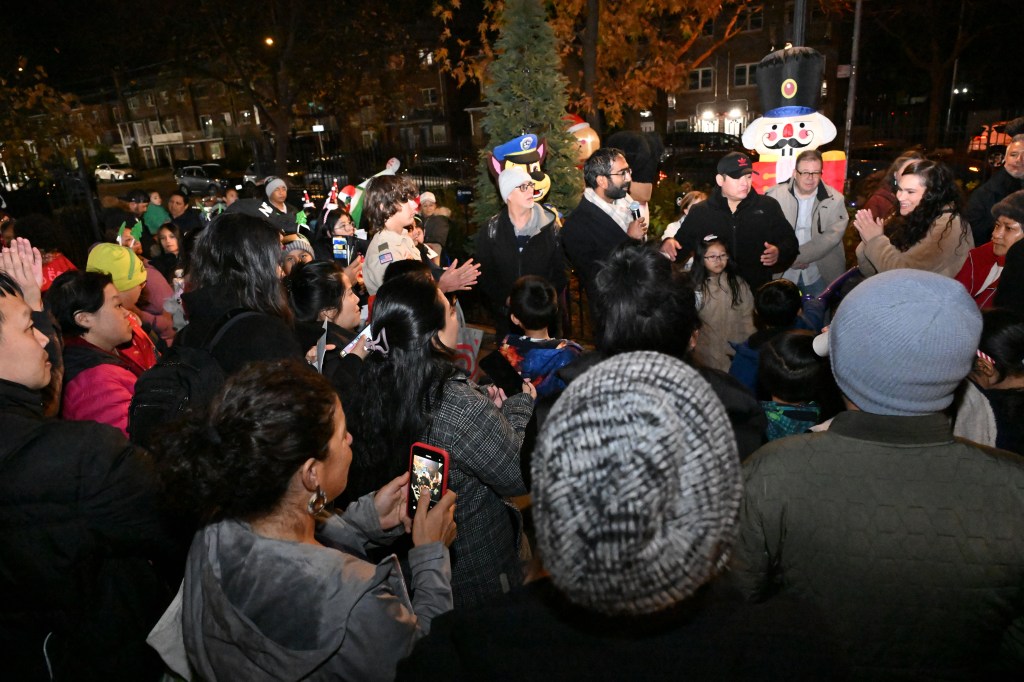By Kenneth Kowald
I do not remember having speech classes until I got to City College. Then I had to take four sessions, one credit each, over the years I was there. Sometimes that meant getting up to the campus at night for just that one hour each week.
We were not training for speaking or acting jobs. Maybe they were trying to get the “New Yawk” accent out of us. There were not many immigrants in the classes, as I recall, so English was not a second language. There may have been some European accents. New York City was a refuge for Germany’s victims.
In those days, national radio networks had speech people on their staffs so an American anywhere in the country could be able to understand what was being said, at least on national broadcasts.
How the world has changed!
Especially among women on radio, too many of them seem to have sinusitis, which is not being treated. Many speak like 6- to 16-year-olds. Too many of them end declarative statements with an upward swing, which makes it sound like a question when it is not.
But for the most part, their mutterings are drowned out by noise. I know some people think it is music. So the message is not important, is it? The medium has become the message, indeed, in too many circumstances.
Not to be too tough about it, but many male readers are not much better, although most do not sound like tongue-tied kids.
But, then, do we need speech today, with all the contraptions that we use to “communicate” with each other?
I know this is curmudgeonly, but I happen to think English, while not the most beautiful language in the world — I would give that crown to Italian, which I wish I could speak — is the linqua franca on which the world turns. It is not French, Russian, Chinese or Spanish, nor do I think it will be any of these.
So why not speak intelligibly and well? Does it make a difference?
When I was in middle management for a large New York corporation, we often bought tables at charitable events we supported. Most of the time, half of those at the table, were from the company. The others were guests who fit into the event that evening.
One night, we were at an educational event. Half of our table were academics, from various venues. One of them was a white man who got a bit high during the cocktail hour and was especially attentive to our urban affairs manager, a smart, sharp, witty black lady. In effect, he made a “pitch for her,” to no avail.
During dinner, I sat on her left, he at her right. At some point, apparently to make her think he was “with it” — we used such terms then — he lauded Spanglish and Black English. She took this for a while and then said, much more elegantly, “Yes, and that will keep those kids in their places forever, won’t it?”
She gave him a marvelous, dismissive smile. I believe he did not say another word.
Is speech taught these days? Shouldn’t it be? Are we reducing our language to a few “characters” on a small screen? Will we wind up grunting and gesticulating to each other rather than talking properly? Back to the caves, as long as there is a connection. When we get back on all fours, it might be a bit late for action.
Is it too late to ask all of us to “Speak the speech, I pray you, trippingly on the tongue”?
Read my blog, No Holds Barred, at timesledger.com.



































